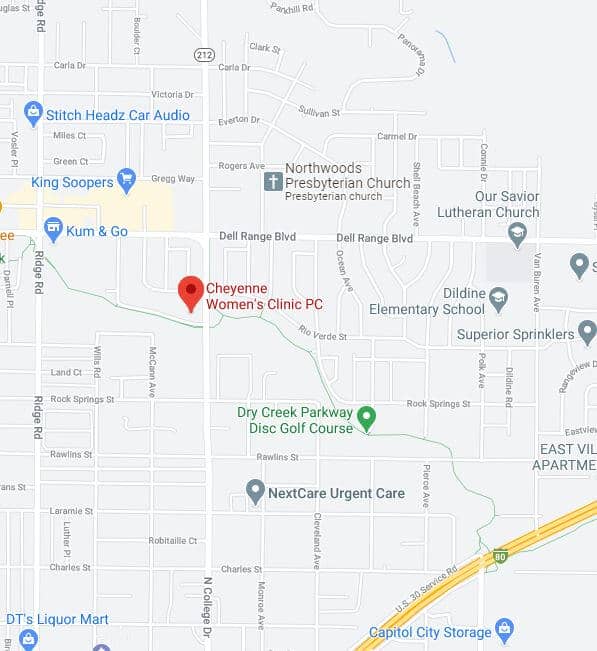You’re in your mid-30s and want to have a baby. It’s not too late! As you get over 35, the health risks to you and your baby increase somewhat, but most women have normal pregnancies and deliver healthy babies.
There are some health concerns related to pregnancies in women older than 35, however, that you should keep in mind. These include:
Fertility
Your fertility starts to decrease around age 32 and declines more rapidly after age 37. Problems that affect fertility such as endometriosis and uterine fibroids tend to be more common as you get older as well.
High Blood Pressure
There are two primary types of high blood pressure you may experience while you are pregnant:
- Chronic hypertension – High blood pressure that occurred before you became pregnant or started during the first half of your pregnancy.
- Gestational hypertension – Develops during the second half of pregnancy and usually goes away after childbirth.
High blood pressure can cause a number of problems for you and your baby, including:
- Growth problems – High blood pressure can decrease the flow of nutrients to the baby through the placenta.
- Preeclampsia – This is a blood pressure disorder that affects all the organ systems in your body. It can be life-threatening to both you and your baby.
- Preterm delivery – If your baby isn’t getting enough nutrients and oxygen through the placenta, your doctor may decide that early delivery will be better for your baby’s health.
- Placental abruption – This is a condition where your placenta begins to separate from the wall of the uterus before your baby is born.
Diabetes
The risk of developing diabetes also increases with age. If you have diabetes, you have a greater risk of having a baby with birth defects, as well as having a greater risk of high blood pressure, miscarriage, and macrosomia, a condition in which the fetus grows too large. Your risk for gestational diabetes also increases, which can cause breathing problems, low glucose levels, and jaundice.
Birth Defects
While the overall risk of birth defects in babies is small, older women have a higher risk of having a child with a birth defect caused by missing, damaged, or extra chromosomes. We can offer tests to assess the baby’s risk of certain birth defects and diagnostic tests to show that a baby does indeed have a certain disorder.
Multiple Pregnancy
Older women have a higher risk of carrying multiple babies, and certain fertility treatments can increase the chance of having multiples as well. Multiples can increase some of the health risks that older women may already be susceptible to, including preterm birth, preeclampsia, fetal growth problems, and gestational diabetes.
Labor and Delivery Complications
Women over 35 have a somewhat increased risk of preterm labor and preterm birth. You may also be more likely to need a cesarean section, which is a common operation but is still major surgery.
What to Do to Increase the Chances of Having a Healthy Baby
As you get older, the health risks to you and your baby increase, but most women have normal pregnancies and deliver healthy babies. To increase the chance of having a healthy baby when you are over 35 (or at any age):
- See your doctor for a preconception care checkup.
- Eat healthy foods.
- Take folic acid (Vitamin B) daily before and during your pregnancy to help prevent neural tube defects in your baby.
- Exercise regularly.
- Lose weight if you are overweight.
- Stop smoking, drinking alcohol, and taking illegal drugs.
- Avoid contact with substances in your home or workplace that could be harmful during pregnancy.
- Get early and regular pregnancy care. Your doctor will monitor your health and the health of your baby as your pregnancy progresses and manage any problems as they arise.
If you would like to become pregnant and you are over 35, get off to a good start. Make an appointment with your doctor by calling 307.637.7700.







